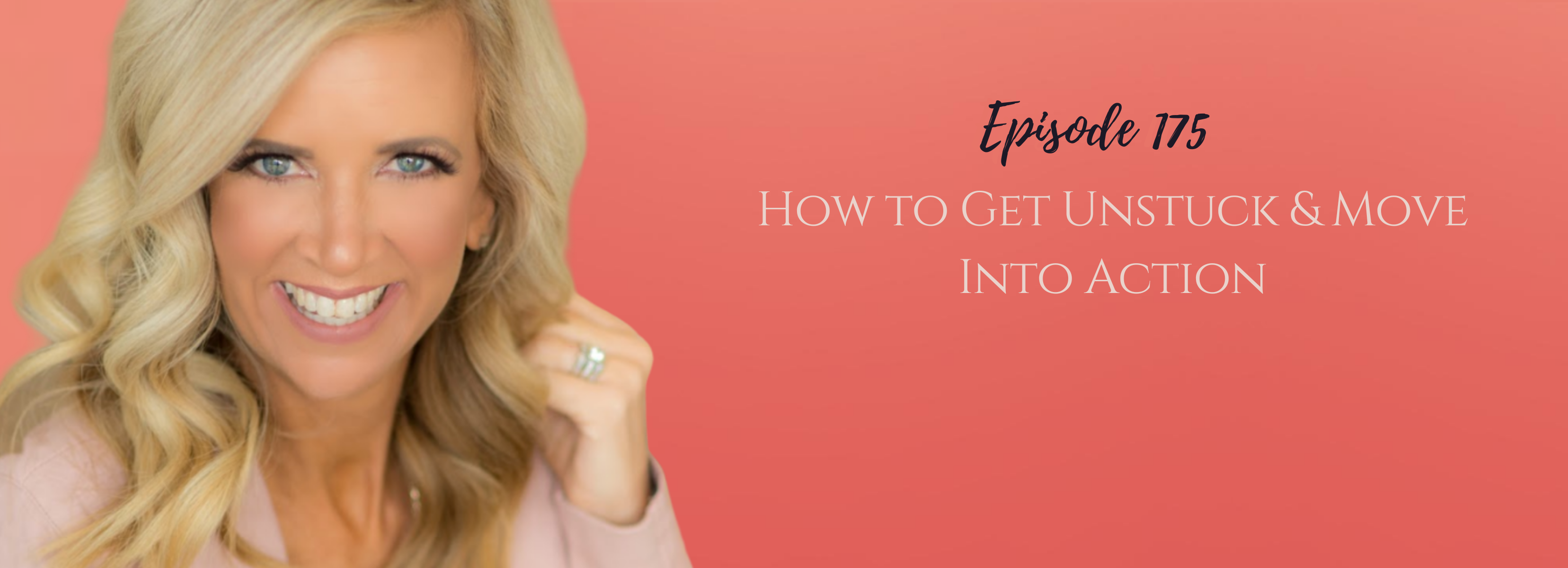
How to Get Unstuck & Move Into Action with dr. jennifer blossom | 8.24.2022
In this episode, Kristen talks with Dr. Jennifer Blossom, a leadership coach & CEO of Blossom Leadership, about how to get unstuck and overcome your resistance to change, and move forward with your goals.
You'll Learn
- Why we get stuck in life
- How to start making a shift and stepping into action
- The first step to making changes
- Tips to figure out what you really want
Resources
For counseling services near Indianapolis, IN, visit www.pathwaystohealingcounseling.com.
Subscribe and Get a free 5-day journal at www.kristendboice.com/freeresources to begin closing the chapter on what doesn’t serve you and open the door to the real you.
Subscribe to the Close the Chapter YouTube Channel
This information is being provided to you for educational and informational purposes only. It is being provided to you to educate you about ideas on stress management and as a self-help tool for your own use. It is not psychotherapy/counseling in any form.